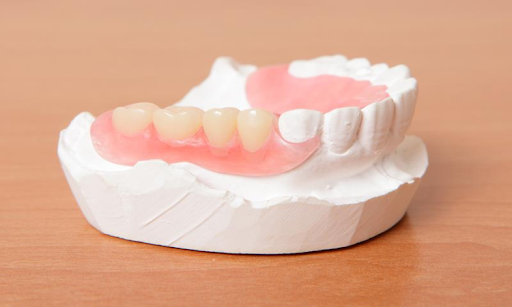Understanding the Dynamic Duo: Vitamin D and K

Delving into their nuances is not only intellectually enriching but also vital for ensuring one’s well-being.
1. The Role and Importance of Vitamin D and K
What is Vitamin D?
Vitamin D is a fat-soluble vitamin that is pivotal in aiding calcium absorption in the gut, which subsequently promotes bone growth and remodeling. Additionally, it plays a role in cellular health, immune function, and inflammation modulation.
What is Vitamin K?
Vitamin K, also fat-soluble, is chiefly recognised for its role in the blood clotting process. Yet, it also has an essential function in directing calcium deposits in bones and teeth and preventing their accumulation in arteries and other soft tissues.
Why is Vitamin D Important?
According to a study published in the Journal of Clinical Endocrinology & Metabolism, vitamin D deficiency has been linked to a plethora of health complications, including rickets in children, osteomalacia in adults, and an increased risk of chronic diseases, such as diabetes and certain cancers. Moreover, sufficient levels of vitamin D are imperative for the efficient utilisation of calcium, which in turn, fortifies bones.
What Causes Vitamin D Deficiency?
Vitamin D deficiency arises due to numerous reasons, including limited exposure to sunlight, the body’s inability to absorb or metabolise the vitamin efficiently, and certain medical conditions or medications. This deficiency is alarmingly prevalent, further reinforcing the need for awareness and prevention.
2. The Synergistic Relationship Between Vitamin D and K
The fusion of vitamins D and K presents a harmonious balance in terms of bone and cardiovascular health. While vitamin D ensures calcium is absorbed efficiently, vitamin K ensures that the said calcium is deposited in the right places—bones and teeth—and not in arteries or other soft tissues where it might be detrimental.
A study from the European Journal of Clinical Nutrition reveals that individuals with adequate levels of both vitamins D and K are less likely to display vascular calcification, a primary risk factor for cardiovascular disease. Therefore, the synchronized action of these vitamins is crucial for bone health and cardiovascular protection.
3. Supplements and Dosage Recommendations
Vitamin D and K Supplements
Given the critical roles these vitamins play and the potential dangers of deficiency, many individuals opt for vitamin D and K supplements. For those looking for a comprehensive source, supplements with vitamins A, D, E and K can be procured from Nutrilink.co.uk. While naturally sourced vitamins from food are ideal, supplementation offers a convenient means to ensure optimal levels, especially for those with restricted diets or limited sun exposure.
How Much Vitamin D Per Day?
The recommended daily intake can vary based on age, gender, and individual health needs. Generally, for adults, it ranges between 600 to 800 International Units (IU) daily. However, it’s essential to consult with a healthcare professional to determine the appropriate dose.
When to Take Vitamin D
Supplements can be taken at any time of day. Yet, given that it’s fat-soluble, consuming it with a meal containing fats can enhance its absorption.
Conclusion
The intricate dance of vitamins D and K plays an indispensable role in our overall health, particularly concerning bone and heart wellness. While we’ve long understood the individual merits of these vitamins, the confluence of their functions is a burgeoning area of interest, promising potential health benefits beyond what we already know. As with all health interventions, it’s pivotal to approach supplementation judiciously, under the guidance of healthcare professionals. After all, in the vast realm of nutrition, knowledge backed by science is our most potent ally.





